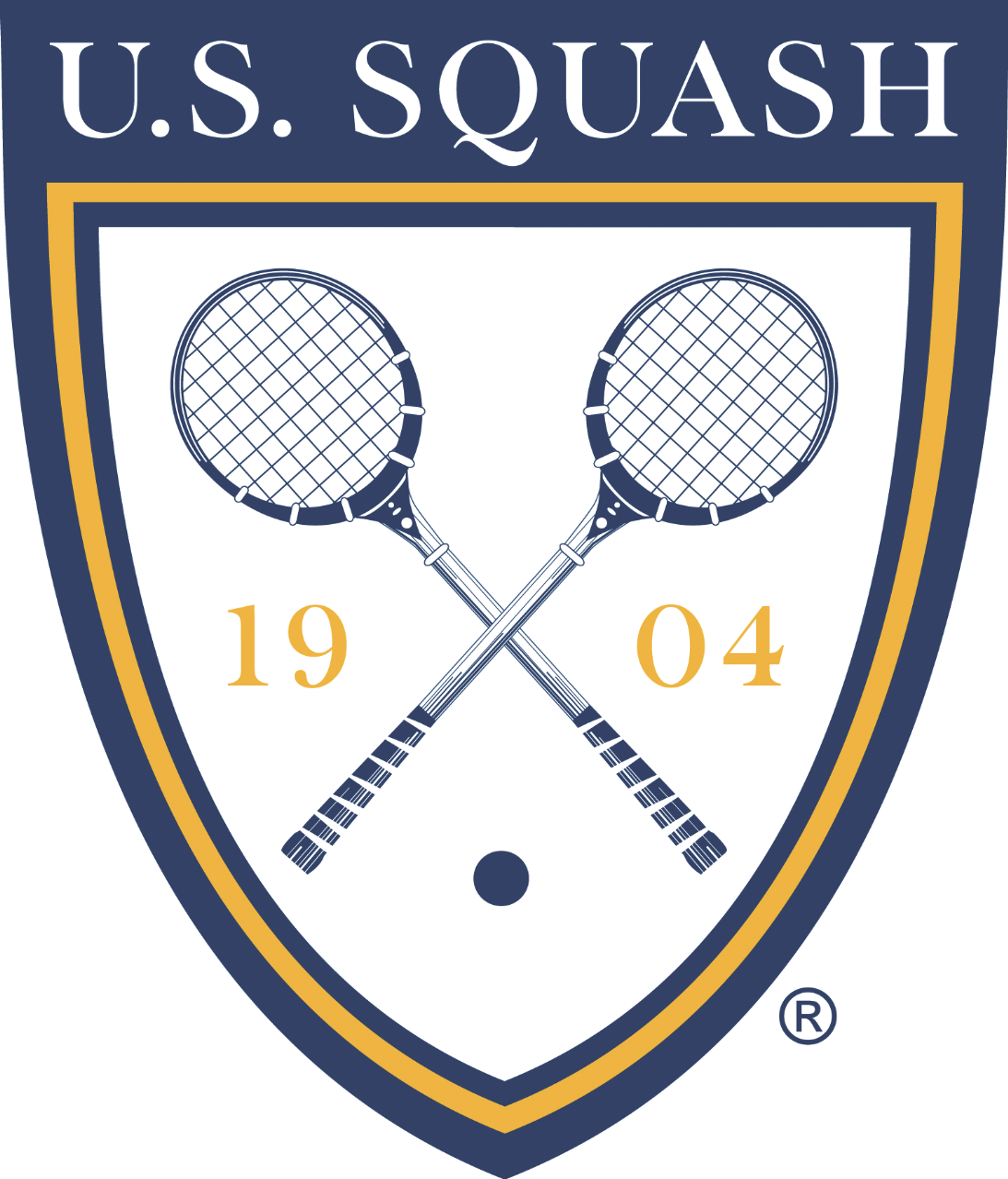By Jeannie Blasberg
The silver lining that goes along with squash still being relatively small compared to sports such as tennis or golf is the world-wide community it offers. Among the upper echelon of this community are elite athletes who I perceive as being from a different mold than their counterparts in sports richer in prize money and sponsorships. Although it is the goal of U.S. SQUASH to have our sport and athletes valued with lucrative contracts and endorsements, players and fans of squash are currently blessed with the opportunity to gain unique access to our great champions.
Many of the world’s top players live or spend time in the United States, training or coaching. They support urban squash programs, coach at summer camps, and play in exhibitions. They don’t run from opportunities to give back. When playing on the tour, they are often billeted in people’s homes striking friendships that can last for decades. They are willing to talk more squash, either hanging around the courts or over a beer. Coining myself as one of the all-time squash “groupies,” I have found an amazing “normalness factor” to these men and women, considering the heights they’ve reached in what we all know is a very physically demanding sport.
I have had the opportunity over the past several years to meet many of the best squash players of our time. In my opinion, their sacrifice and commitment to be on top is especially admirable because it is primarily born from a love of the game and not seen as a means to achieving excess material wealth. (A very refreshing role model for our children especially after watching the likes of Manny Ramirez this summer). Not unlike the rowers in David Halberstam’s book, The Amateurs, who are striving for spots in the 1984 Olympics, great squash champions dedicate themselves to a painful physical training regimen disproportionate to the degree of fame and fortune they currently stand to achieve.
I have been lucky enough to join former world champions over a beer or two to discuss the journey. We’ve discussed the culture of growing up in a less affluent squash culture than in the US where playing other kids at the club far outnumbered the amount of private coaching sessions many of our juniors have. They’ve described to me the various clubs they grew up in (never too fancy) where they got out whenever a court opened up, playing other kids or adults, basically anyone who would give them a game. They eventually slogged it out in vicious European League matches against competition who was often literally “hungry.” They seemed to thrive on the game and embrace the competition.
One can’t help but make the comparison to some juniors in the US who avoid match play against peers to preserve something as ephemeral as a junior ranking, or kids who are on court with their coach several times a week but wouldn’t think of arranging a practice session with other kids. Let me hypothesize that all the coaching and “preparation” our players get for competition isn’t as valuable in the long run as learning to love the game and not fearing the competition. It is those of us who love the game that will play for life and have the fun of giving back.
Remember, while the squash world is still relatively small, many of us have opportunities to come in contact with greatness—just this fall three hundred of us attended the U.S. SQUASH Hall of Fame Gala where Jahangir Khan and other champions gathered. If a dinner isn’t your cup of tea, I would encourage you to patronize a pro event in your area, go watch our national team members compete, or support an exhibition. Even better, volunteer to help out with a tournament or billet a player. The athletes will be thrilled to sign autographs for your children and, if you are willing to start a bar tab, you might make some inspiring new friends!



